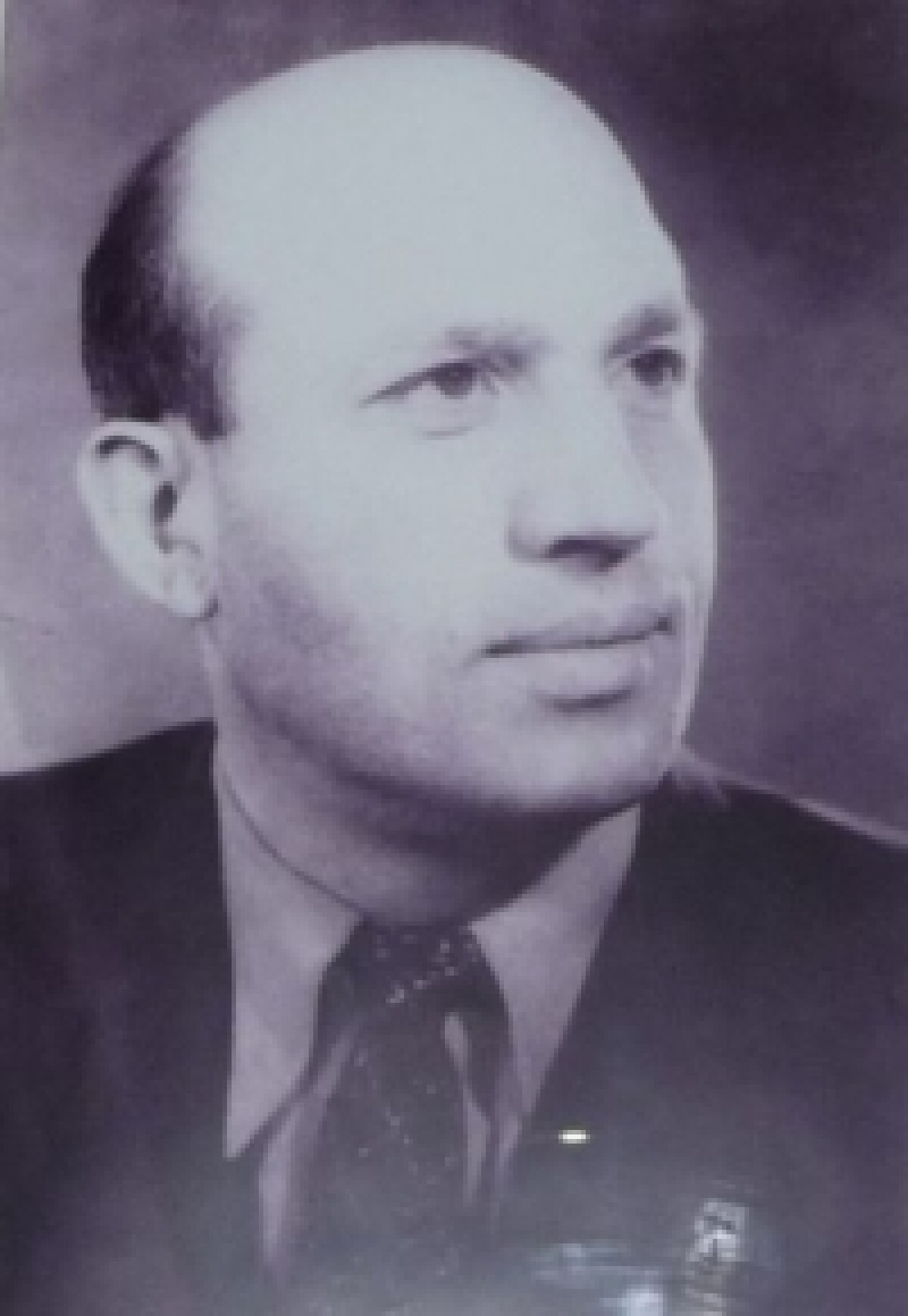Abashidze Grigol
Grigol Abashidze (also Grigory; 1 August [O.S. 19 July] 1914 in Chiatura, Kutaisi Governorate – 29 July 1994 in Tbilisi) was a Georgian poet.
Abashidze studied at the University of Tbilisi, graduating in 1936. In 1944, he joined the Communist Party of the Soviet Union (CPSU), and remained a lifelong member.
Grigol Abashidze, far right (sitting), with friends in Tbilisi.
Abashidze entered the literary scene in 1934, when his first work was published. Abashidze usually portrayed the common Soviet man in his works, like laborers and farmers. There was, too, the man who contributed to communism, like in his story Forever in Armor (1938) and 'The Founder'(1939). Abashidze's reputation soared during the Patriotic War, when he brought out works such as the The Enemies (1941), The Duel of the Tanks (1941), The Banners (1943), and The Unconquerable Caucasus (1943). His On the Southern Frontier (1949) and Lenin in Samgori (1950) won him the State Prize of the USSR in 1951. His poem George the Sixth (1942) captures Georgia's struggle for independence. He wrote two other narrative poems, The Legend of the First Dwellers in Tbilisi (1959) and Journey Into Three Times (1961). He has also written two historical novels, Lasharela (1957) and The Long Night, which depict life in 13th-century Georgia. In 1967, Abashidze became the first secretary of the board of the Union of Writers of Georgia.
Share:









